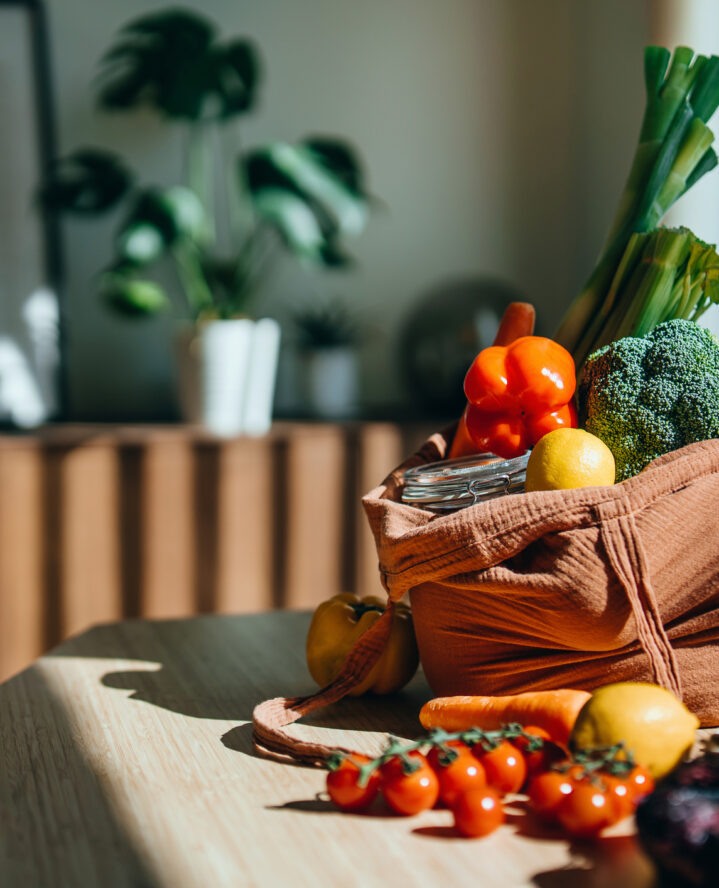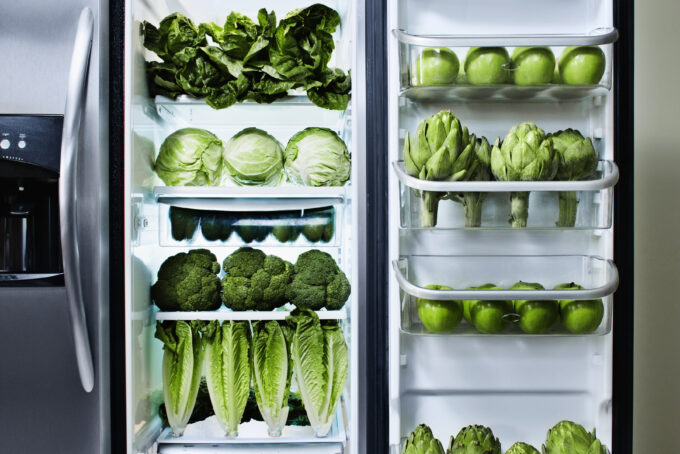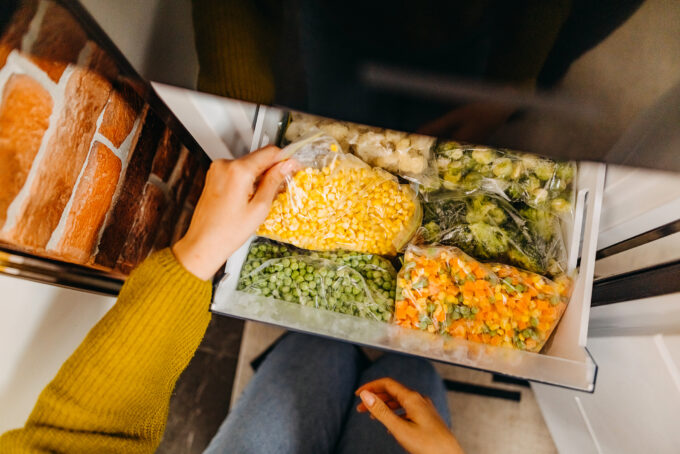That tinge of guilt you feel when the fruits and veggies you ambitiously purchased a few days—okay, maybe weeks—ago? You’re not alone. Sometimes life gets in the way and you miss the window to enjoy your produce. If you find yourself with bananas that are spotted with bruises and lettuce reduced to a tragic heap of wilted leaves, there are a few tips and tricks you can do to preserve their freshness or accelerate their ripeness.
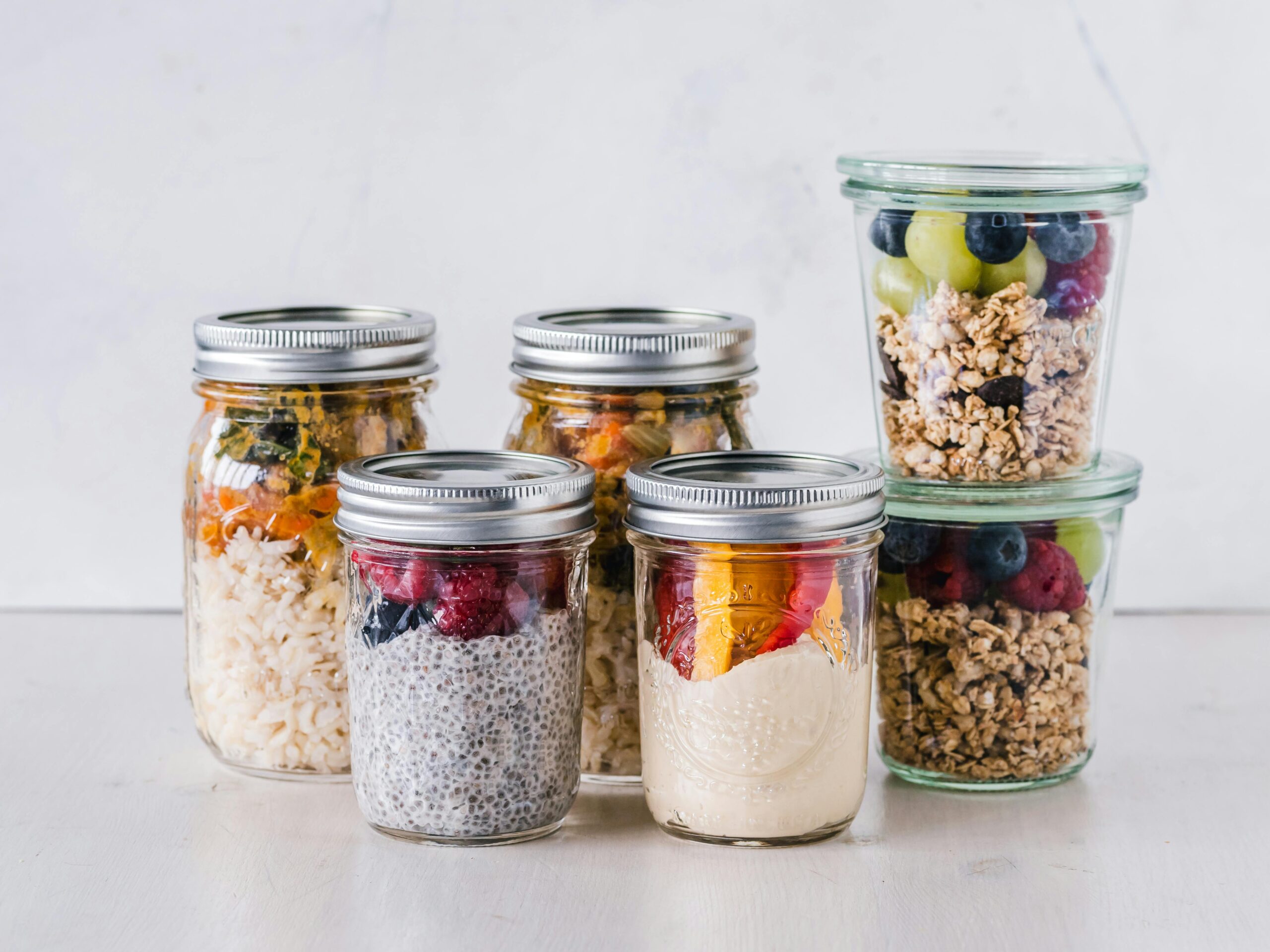
1. Choose the right storage containers.
The containers you choose can make all the difference. For leafy greens like lettuce and spinach, store them in airtight containers lined with paper towels to absorb excess moisture and keep them crisp.
2. Separate ethylene producers from ethylene-sensitive produce.
Ethylene gas can either be your best friend or your worst enemy when it comes to ripening produce. Keep ethylene-sensitive produce like berries, leafy greens, and cucumbers away from ethylene producers like apples, bananas, and avocados to prevent premature ripening. However, if you want to speed up the ripening process for certain fruits like avocados or tomatoes, place them in a paper bag with an ethylene-producing fruit like bananas.
3. Use the power of refrigeration.
Refrigeration is a game-changer when it comes to extending the shelf life of your produce. Fruits like berries, cherries, and grapes thrive in cooler temperatures, so pop them in the fridge to keep them fresh for longer. However, tropical fruits like bananas and mangoes are best kept at room temperature to ripen naturally.
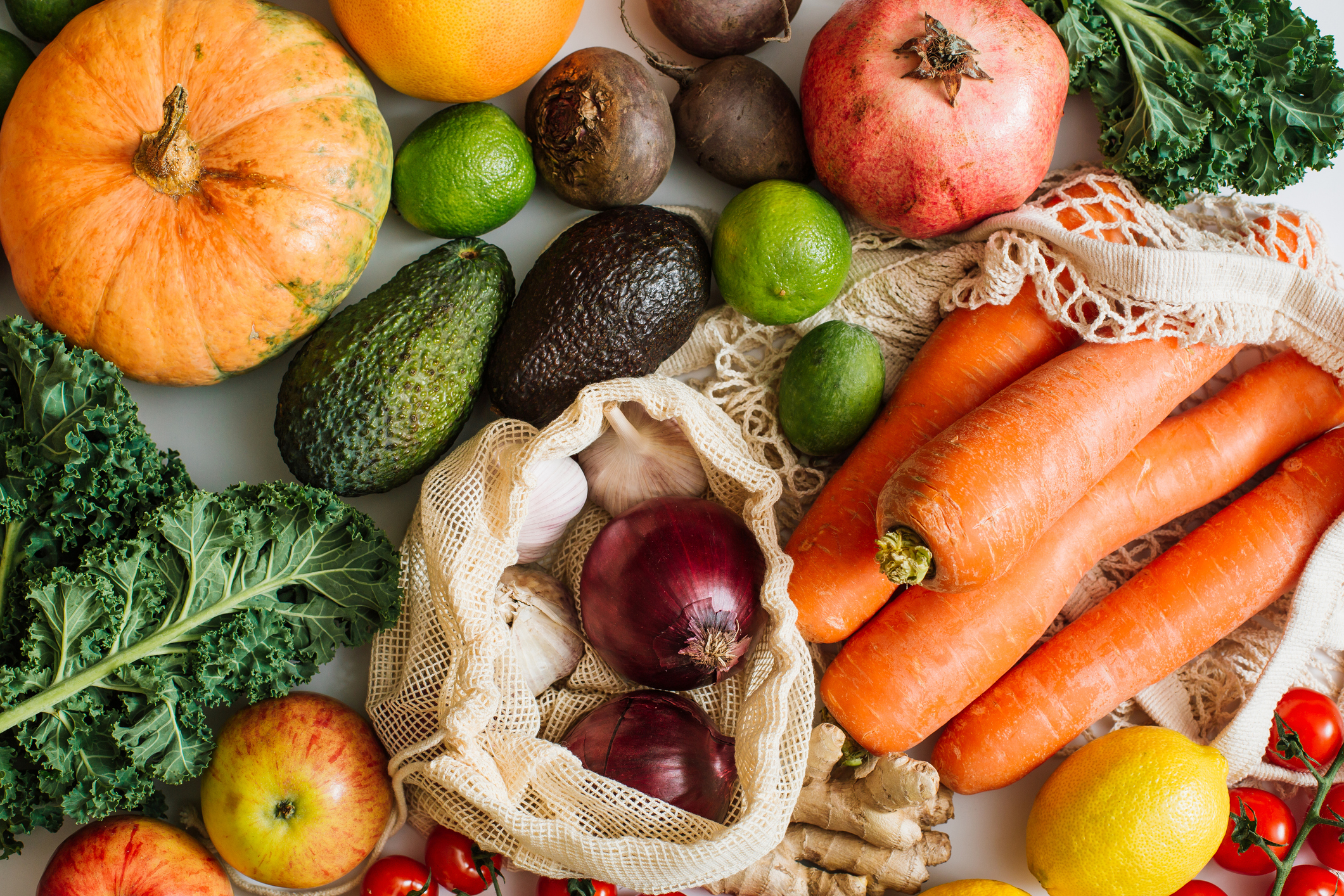
4. Embrace the magic of ripening bags.
Ripening bags are like a secret weapon in your arsenal of storage hacks. Simply toss your unripe fruits like tomatoes or kiwis into these bags to speed up the ripening process. The confined space traps ethylene gas, helping fruits ripen faster without sacrificing flavor or texture.
5. Don’t forget to rotate.
Rotating your produce is essential to make sure nothing goes to waste. Make it a point to use up older items before diving into the fresh ones. For root vegetables like carrots and beets, remove the leafy greens before storing them to prevent moisture loss and extend their shelf life.
6. Freeze the excess.
Got more produce than you can handle? Don’t let it go to waste! Chop up excess fruits and veggies, then pop them in the freezer for later use in smoothies, soups, or stir-fries. Blanching certain vegetables like peas or green beans before freezing helps preserve their color and texture.
7. Check for ripeness.
Mastering the art of checking for ripeness can help you enjoy your produce at its peak. From avocados to pineapples, each fruit has its own telltale signs of ripeness. For example, a ripe avocado should yield slightly to gentle pressure, while a ripe pineapple will have a sweet, fragrant aroma at the stem end.
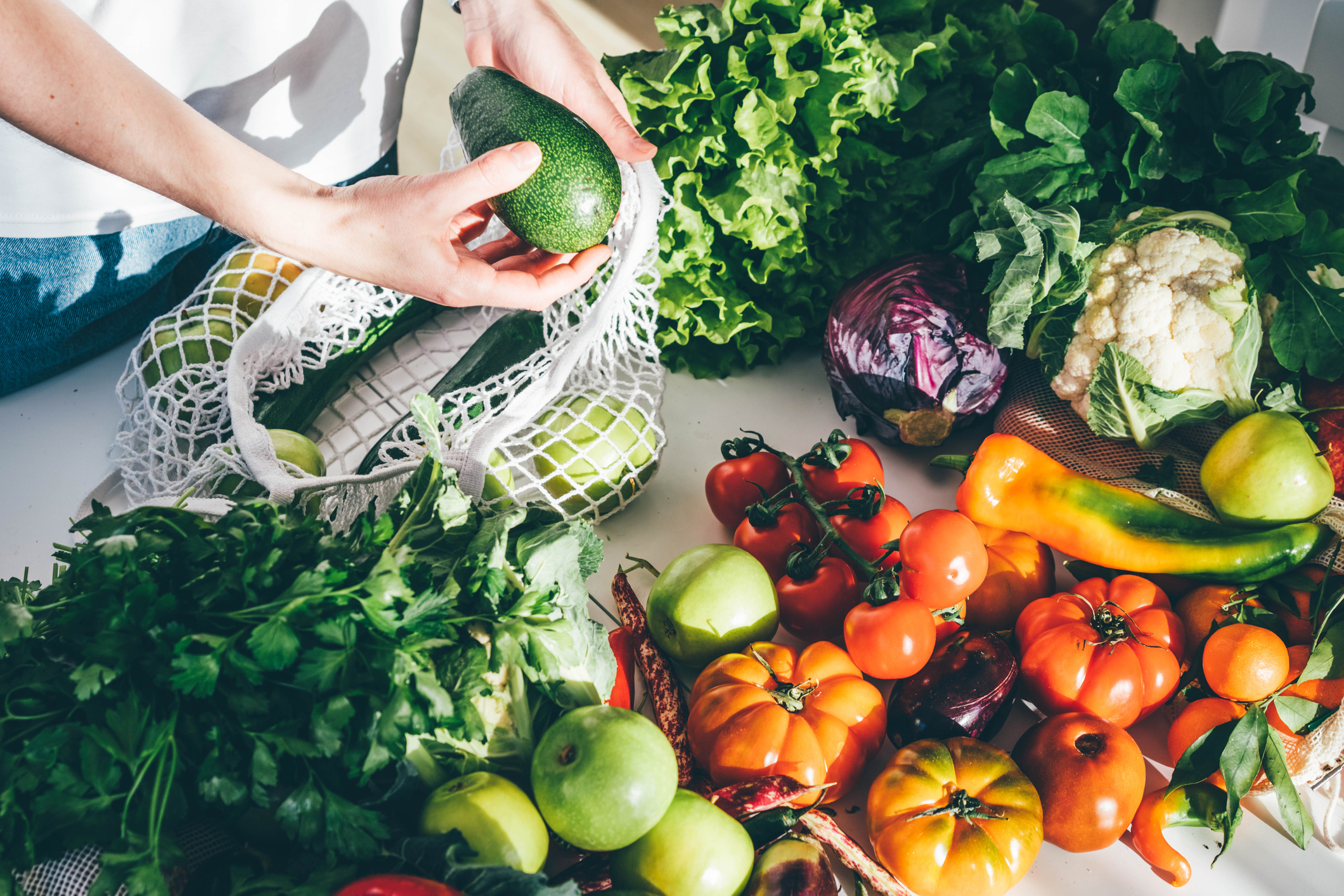
Specific Produce Hacks
Some items require special treatment. Here’s what to keep in mind.
Potatoes and Onions
Potatoes and onions prefer a cool, dark environment to stay fresh and flavorful. Store them in a well-ventilated pantry or cellar away from sunlight to prevent sprouting and spoilage. To prevent onions from absorbing odors from other foods, store them in a mesh bag or pantyhose, hanging them in a cool, dry place.
Avocados
To speed up the ripening process, place unripe avocados in a paper bag with a ripe banana or apple. The ethylene gas produced by the fruit will help ripen the avocado faster. Once ripe, store avocados in the fridge to slow down the ripening process and extend their shelf life.
Citrus Fruit
Oranges, lemons, and limes should be stored at room temperature if you plan to use them within a week. For longer storage, place them in the crisper drawer of your fridge. To keep cut citrus fresh, wrap the exposed flesh tightly in plastic wrap or aluminum foil and store it in the fridge.
Berries
To extend their shelf life, wash them in a solution of vinegar and water (one part vinegar to three parts water) to remove any mold spores. Afterward, pat them dry gently with paper towels before storing them in a single layer on a paper towel-lined tray in the fridge.
popular posts
- 1It’s Black Business Month, So Let’s Go Shopping and #BuyBlack!
- 2These Home Decor Items Will Instantly Make Your Space Look Outdated
- 3Black-Owned Home Decor Stores To Support Across the United States
- 4A Look Inside Elon Musk's Tiny $50,000 House
- 57 Black and Multicultural Designers To Follow For Design Inspo
Kitchen

Unique Backsplash Ideas That Add Luxury to Your Kitchen
by Stephanie Taylor | January 19, 2023
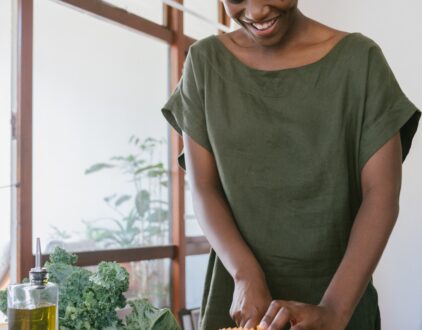
These 5 Kitchen Tools Will Up Your Culinary Experience
by Arielle Clay | January 19, 2023
Spaces
Whether it’s luxury or ease, every area of your home should be as fabulous and unique as you.
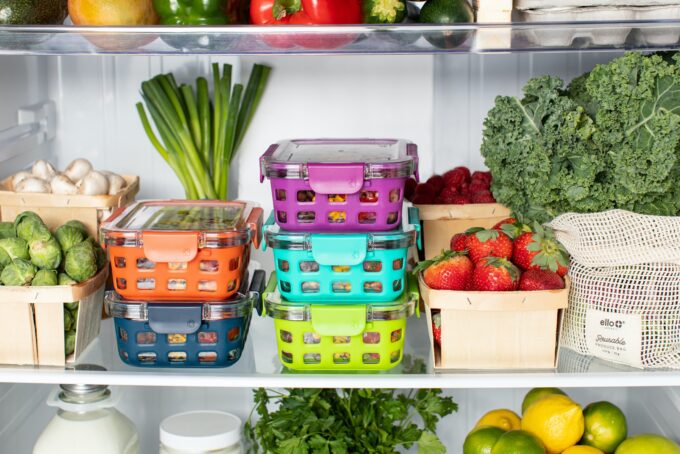
7 Fridge Organization Tips That'll Help Your Foods Stay Fresh
by Karina Young | January 3, 2024
FOLLOW ALONG ON INSTAGRAM
#homeandtexture
Find us on social for more home inspiration where culture, personal style, and sophisticated shopping intersect to help you create a home where you love to live.
